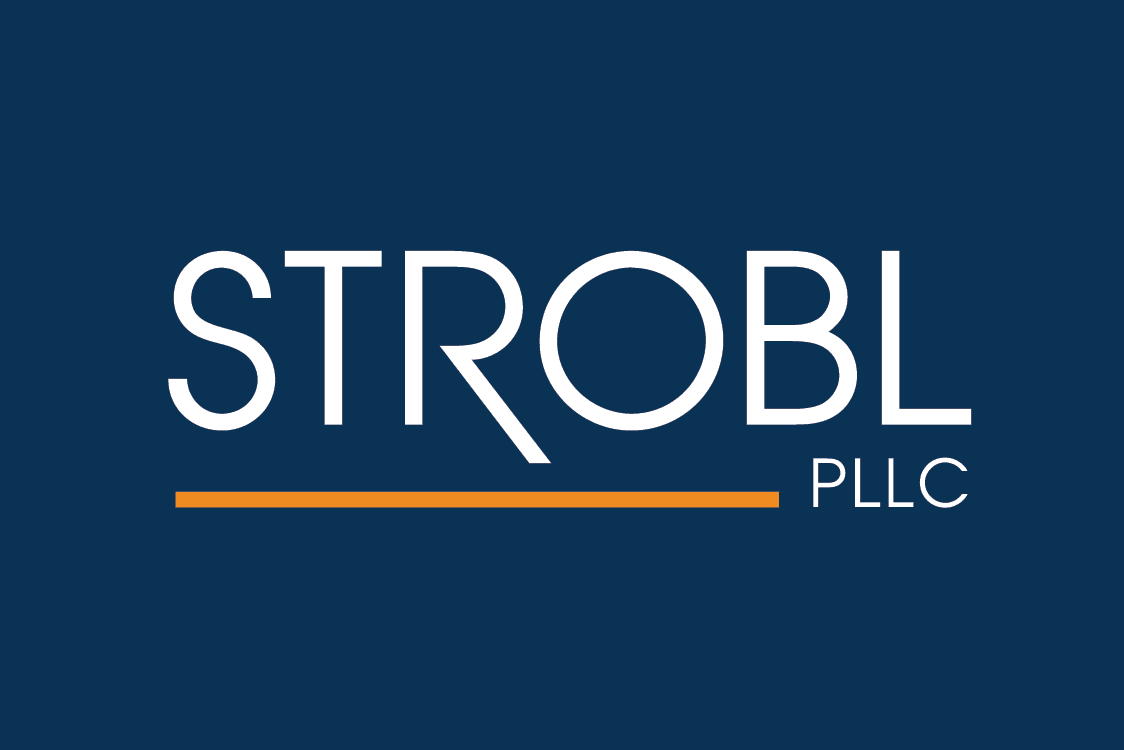Planning ahead for incapacitation or death is often put-off because it can be uncomfortable. Not only does it force us to face our own mortality, we must also make difficult decisions about how things will be handled as life goes on without us. For business owners, the process of estate planning can be even more complex, but failure to plan can be catastrophic. All too often, when a business owner dies or is left incapacitated without a clear business succession plan in place, the enterprise flounders, leaving family members, co-owners, employees and customers at risk.
There are three primary possibilities for the future of a business upon an owner’s exit: 1) continuation, 2) sale as a going concern, or 3) liquidation (voluntary or involuntary). Business succession planning can guide a business owner’s preferred choice by defining how your business will be managed and by whom, detailing who will inherit your business interests or revenue stream, and minimizing tax consequences to the business and the owner’s estate.
When your assets include a business, you should consider several key components to protect your legacy:
- Estate Plan: Estate planning is a broad term for the comprehensive set of documents that provide for the management and ultimate distribution of assets upon death or incapacity of a person through a Will, trust, and powers of attorney. It also may name guardians for dependents.
In conjunction with a business succession plan, estate planning will coordinate the transfer of the business equity to the desired successor owner of the business, minimization of transfer taxes, and equitable distribution of assets for heirs, whether or not active in the business.
- Buy-Sell Agreement: Most businesses with more than one owner should consider a buy-sell agreement, for both tax and non-tax reasons. A buy-sell agreement directs what happens to your business interests in the event of your death, incapacitation or other withdrawal from the business by allowing a market for the business interest in the form of an obligation to buy (and sell) the interest upon predetermined terms (price or formula).
- Management Succession Plan: The management succession plan focuses on the control of the business, including how day-to-day operations are managed. In the management succession plan, business owners can share unique considerations specific to their business enterprise that they wish to be carried on by their successors.
- Strategic Tax Plan: Strategies for tax-motivated succession planning focus on reducing the business owner’s taxable estate and freezing future appreciation of business interests. The current lifetime federal estate tax exemption allows for the transfer of $11.58 million ($23.16 million for a married couple) to be exempt from federal gift and estate tax, however, this exemption amount may be reduced under future administrations. It is important to consult with an experienced attorney regarding the strategies of minimizing the potential estate tax burden while maintaining control of the business. Strategies may include lifetime gifts, family limited liability companies, grantor-retained annuity trusts (GRATs), and installment sales to intentionally defective irrevocable trusts (IDITs).
- Disability and Life Insurance: If you die or become incapacitated, life insurance can protect your loved ones and keep your company afloat during a difficult period of adjustment. There are two categories of life insurance to consider for business owners in conjunction with a succession plan:
Personal Life and Disability and Insurance. These types of policies are established with your family as the beneficiary and serve to provide an income to your loved ones after your incapacitation or death.
Key Person Life Insurance. This type of policy is purchased with your company as the beneficiary and pays out the contracted amount directly to the company to assist in maintaining operations in your absence. This influx of funds can keep your company afloat while your co-owners and/or heirs reorganize or implement a buy-sell agreement (described above).
Strobl PLLC is a team of experienced and trusted lawyers that can advise on all legal matters relating to estate planning and business succession planning. For more information, visit Strobl PLLC online at www.stroblandsharp.com or on LinkedIn.


